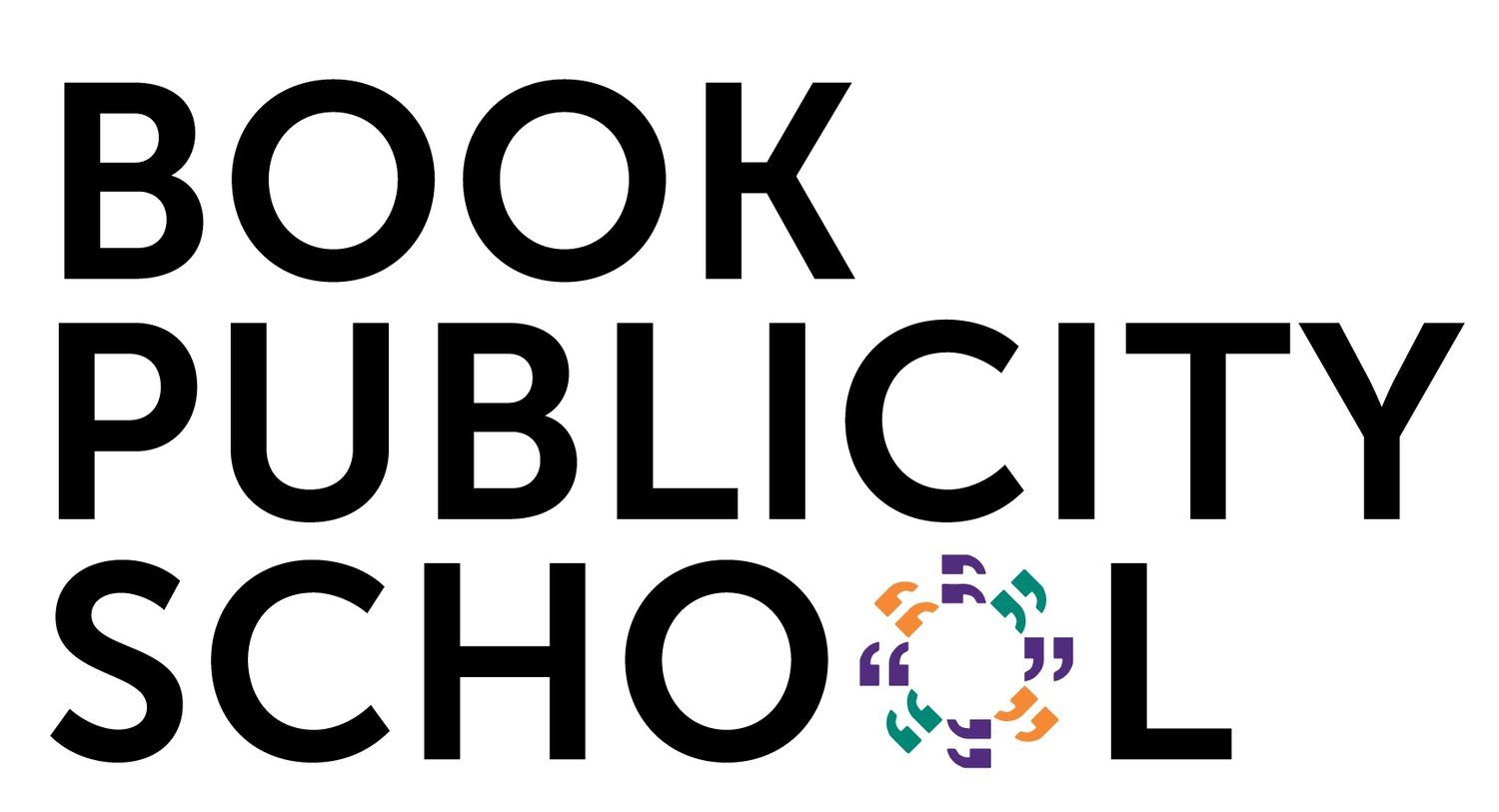There’s Nothing Icky About Promoting a Book
Many authors would rather chew off their own arm than stand in the spotlight promoting a book. They say things like, “I don’t want to seem narcissistic,” “I hate being like, ‘Me, me, me!’” or “I just want to write.’” If this describes you, I am here to explain why — and I know this sounds a little harsh — you need to get over it immediately.
(An aside: I get it — finding language that bridges the gap between authentic and promotional can take some thought, and I empathize. But I also hate to see an author not get their due because they are nervous about putting themselves out there. All of this book publicity advice comes from a place of love!)
Below are three ideas that might help you think about leading a book promotion campaign for your book with confidence:
Conduct this thought experiment.
Conjure a smart and talented friend, and imagine they’ve been working on a creative project — maybe an indie film or an art show—for many years. They’ve poured their heart and soul and thousands of hours into bringing it into the world. It’s finally completed, and the premiere, opening, or launch is coming up.
Now, imagine they say to you, ‘Ugh, I don’t want to email my friends and family about it,’ or ‘I don’t want to look like a narcissist,’ or ‘I’m hoping people find out about it organically.’
You would likely tell them, correctly and emphatically, that’s wild, they must let their people and, if possible, the wider world know about their work. How will their ideas and talent be known otherwise? You and your book deserve the same championing you would insist upon for a loved one.
Put on your business hat when promoting a book.
Authors tend to bristle at this idea, but once you have a publishing deal or pub date, you need to think of your book as a product. It’s a smart, creative, thoughtful, excellent product, yes. But it is still a new thing that you want people to know about and buy. No (successful) business in the world launches a product and just waits for people to stumble upon it.
Would a band release a new album and neglect to alert their fans? Would a playwright open a show and make a single social media post about it? Of course not. There’d be a launch party, emails to mailing lists, a website, many social media posts, media outreach — a slew of promotional efforts.
Authors need to do the same.
No one will be paying as much attention to your promotional emails or posts as you.
Remember, people get hundreds of emails a day and see who-knows-how-many social media posts. It may feel like a heavy lift for you to hit send, but it’s going to land as just one in a ton of other messages. When you post about it online, the vast majority of your followers will miss it.
In this era of overwhelm — with the nonstop churn of social media posts, the proliferation of mailing lists, Substacks, and more clogging your inbox, the reduction in book coverage across the print and digital media landscape, and the pick-and-choose format of personalized news intake—you have to make as much noise as possible.
You need to post about it — and then post about it again! You have to email people — and then you need to follow up with them. I cannot tell you how many top national media hits Press Shop PR has landed for authors on a third follow-up. People miss emails all the time. Sometimes they mark them as unread and forget to go back to them. Sometimes, it just gets pushed down into the depths of the recipient’s inbox too quickly. Don’t let the success of promoting a book depend on other people’s email management skills!
Now go forth and tell the world about your book! Getting to publication is a huge accomplishment that many people — even dedicated and talented writers — never reach. Something else to keep in mind: traditional publication of a book means that a group of experts have faith in your book’s ability to bring something new and broadly engaging to the public. So highlight what it offers readers, the value it brings to the conversation, the fun, the informative, and the fresh. That is very different from saying, ‘Me, me, me!’
This originally appeared as a guest post on Anne R. Allen’s blog, here.
